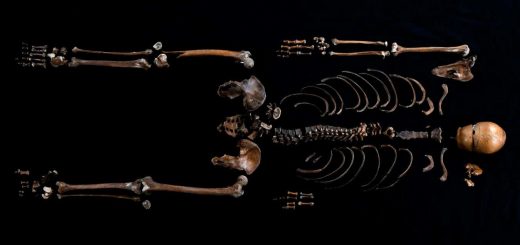Pig kidney transplant in brain-dead man still functions after a month
It has been 32 days since Maurice Miller, a dead man who is being kept on life support, received a genetically modified pig kidney, and it is still functioning with no signs of rejection or infection
By Grace Wade
16 August 2023
Tissue from the pig kidney is examined and removed in preparation for transplant into Maurice Miller
Joe Carrotta for NYU Langone Health
A genetically modified pig kidney transplanted into a recently deceased person kept on life support has been functioning for over a month without signs of rejection or infection. The announcement, by researchers at NYU Langone Health in New York, marks the longest a pig kidney has functioned inside a human. As such, it is a significant advance in xenotransplantation, or the transfer of animal organs to humans.
This is the fifth pig-to-human kidney transplant to be performed, all of which occurred in people declared brain-dead and then maintained on life support. Full details of one of the four previous transplants were also published today. Conducted by Jayme Locke and her colleagues at the University of Alabama at Birmingham, that kidney functioned for seven days after transplantation – which was a record prior to today’s announcement from New York.
The latest procedure occurred on 14 July. Robert Montgomery at NYU Langone Health and his colleagues transplanted a pig kidney into Maurice Miller, a 57-year-old man who had been declared brain dead after complications from a brain tumour biopsy. Miller’s family agreed to the experimental procedure after learning he had an aggressive form of brain cancer that prevented him from donating his organs. He is being kept on a ventilator and other life supporting measures until the study concludes.
Advertisement
The kidney came from a pig specially bred to lack a gene that produces a carbohydrate called alpha-gal. This carbohydrate isn’t found in humans and causes our immune system to reject, or attack, organs from other animals. To further reduce the risk of rejection, the researchers transplanted the pig’s thymus – a gland that helps the immune system differentiate between the self and foreign cells – into Miller and gave him immune-suppressing medications as well.
Read more:
Transplanted livers can keep working for a total of over 100 years
Immediately after the transplant, the kidney began producing urine. For 32 days now, Miller’s blood levels of creatinine – a waste product cleared by the kidneys – have remained in the normal range, indicating proper kidney function. Biopsies of the organ have also found no signs of rejection.


